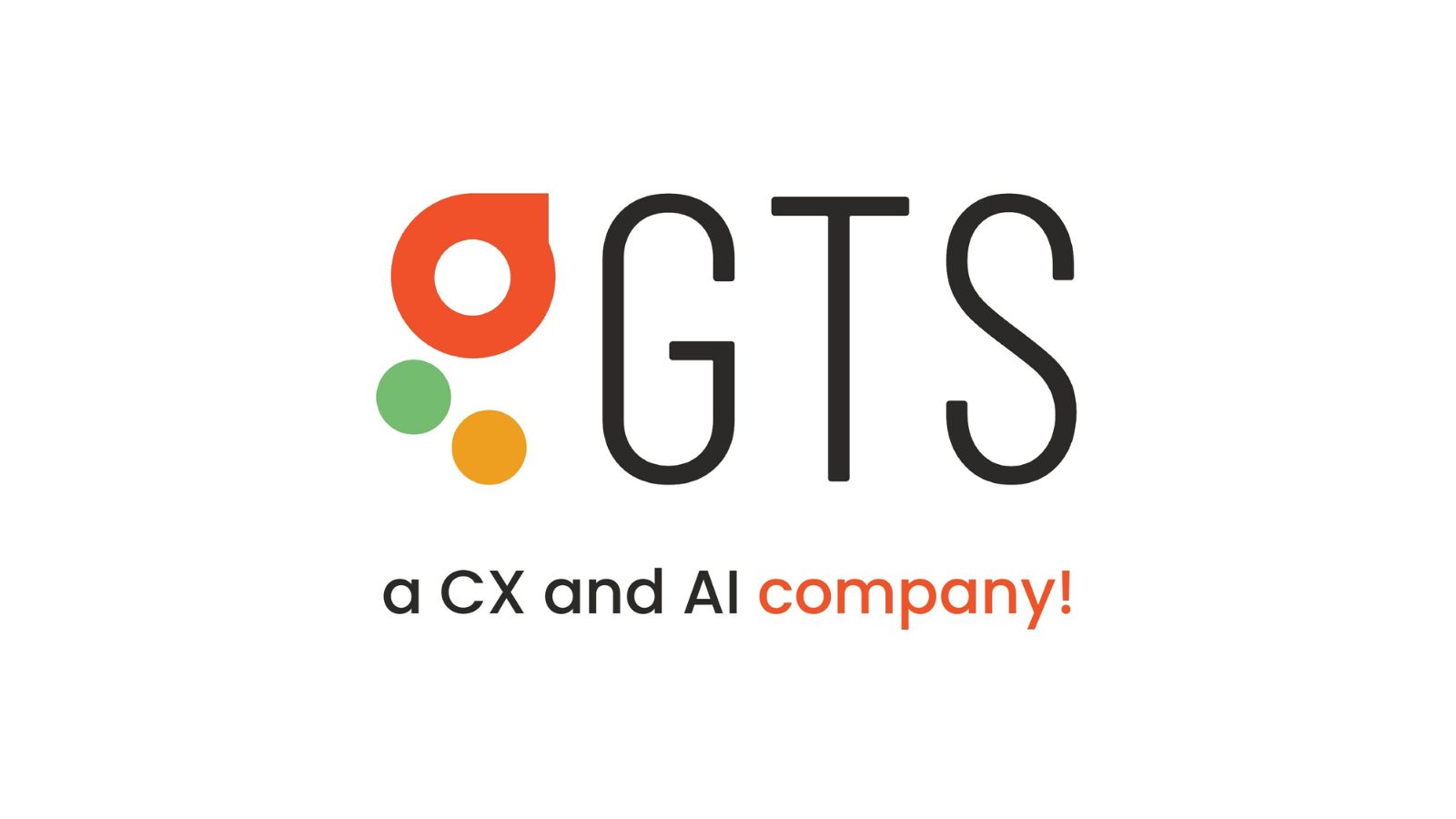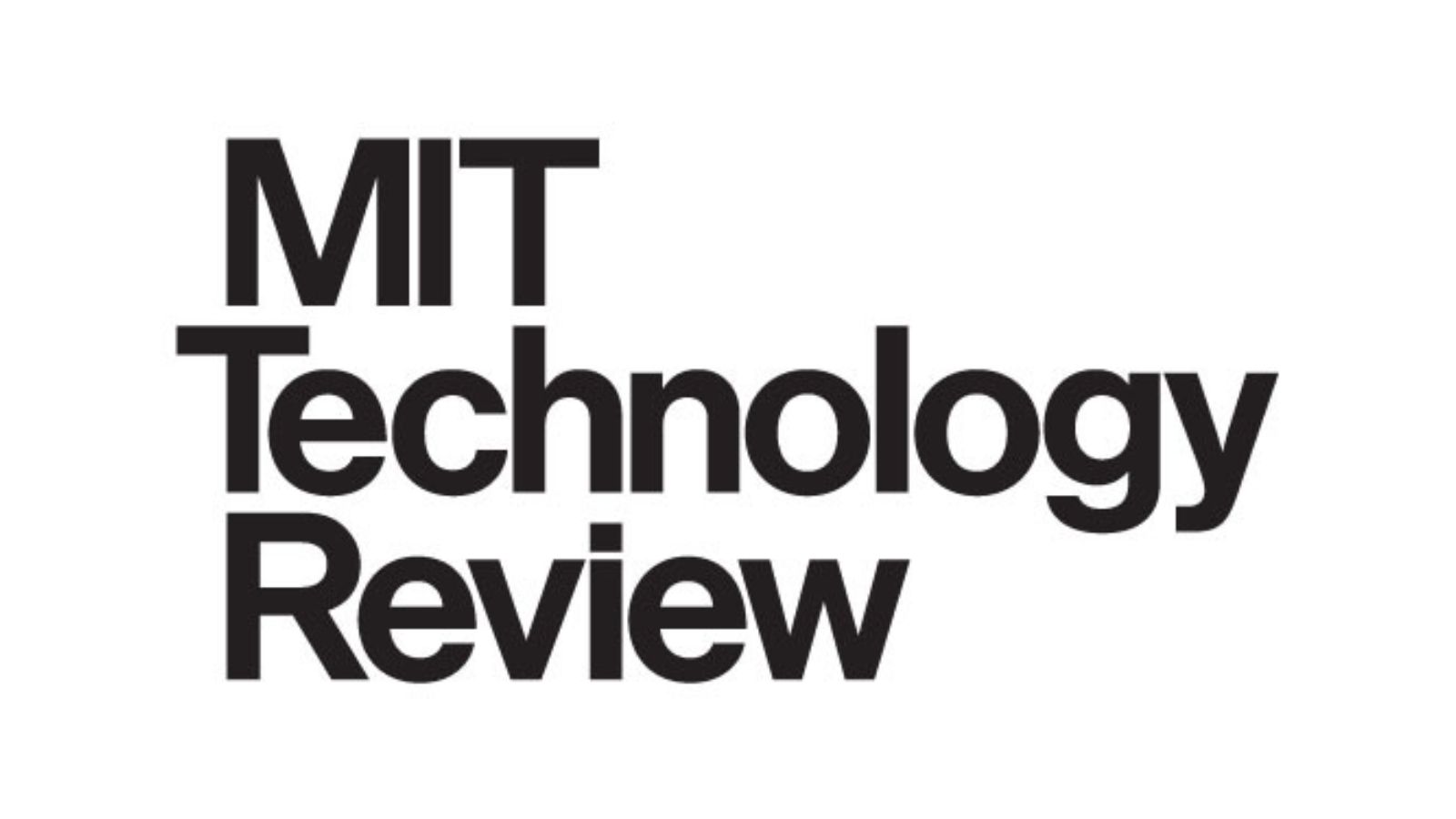In a groundbreaking move, Intel announced the release of new computer chips, notably the Gaudi3, an artificial intelligence chip tailored for generative AI software. This cutting-edge technology is set to hit the market next year, posing a formidable challenge to competitors such as Nvidia and AMD, who currently dominate the realm of powerful AI models.
Gaudi3 vs. Competitors: A Clash of Titans in AI Chip Dominance
Intel’s Gaudi3 will enter the ring against Nvidia’s H100, a popular choice for companies building extensive chip farms to fuel AI applications, and AMD’s eagerly anticipated MI300X, scheduled for customer shipments in 2024. The move signifies Intel’s ambitious endeavor to sway AI companies away from Nvidia’s stronghold on the market.
While specifics on Gaudi3 are scarce, the announcement has already impacted Intel’s stock positively, with a 1% increase on the day of the unveiling.
Intel’s Journey: From Gaudi to Gaudi3
Intel’s foray into AI chips began in 2019 with the acquisition of chip developer Habana Labs, marking the genesis of the Gaudi series. The latest addition, Gaudi3, marks a pivotal moment for Intel, showcasing its commitment to becoming a major player in the booming artificial intelligence hardware market.
The Excitement of Generative AI: Intel’s Vision for 2023
During the launch event in New York, Intel CEO Pat Gelsinger expressed enthusiasm for generative AI, proclaiming it as the star of 2023. Gelsinger believes that the AI PC will take center stage in the coming year, with Intel’s new Core Ultra processors poised to play a crucial role.
Core Ultra and Xeon: Powering the Future of AI
In addition to Gaudi3, Intel unveiled Core Ultra processors designed for Windows laptops and PCs, alongside the new fifth-generation Xeon server chips. Both innovations feature a specialized AI component known as an NPU, designed to enhance the speed of AI programs.
The Core Ultra chips, built using Intel’s 7-nanometer process, demonstrate a commitment to energy efficiency. Although not intended for running complex AI models offline, they excel in handling smaller tasks, such as Zoom’s background-blurring feature. The 7-nanometer chips align with Gelsinger’s strategy to match Taiwan Semiconductor Manufacturing Co. in chip manufacturing prowess by 2026.
Core Ultra: Beyond AI, Embracing Gaming and Graphics
Apart from their AI capabilities, Core Ultra chips boast enhanced gaming performance, with added graphics muscle enabling programs like Adobe Premier to run over 40% faster. Launched in laptops available in stores on Thursday, these chips signify Intel’s dedication to catering to diverse computing needs.
Xeon Processors: Powering Servers for Large Organizations
Intel’s fifth-generation Xeon processors target servers used by major organizations, including cloud companies. While pricing details remain undisclosed, these processors, often paired with Nvidia GPUs, are instrumental in systems dedicated to training and deploying generative AI. Intel positions the latest Xeon processor as particularly adept at inferencing, a less power-hungry phase in deploying AI models.
In conclusion, Intel’s unveiling of Gaudi3, Core Ultra, and fifth-generation Xeon processors marks a significant stride in the competitive landscape of AI chip technology. As Intel seeks to challenge Nvidia’s dominance, these innovations promise to reshape the future of artificial intelligence, making waves in 2023 and beyond.









Leave a Reply